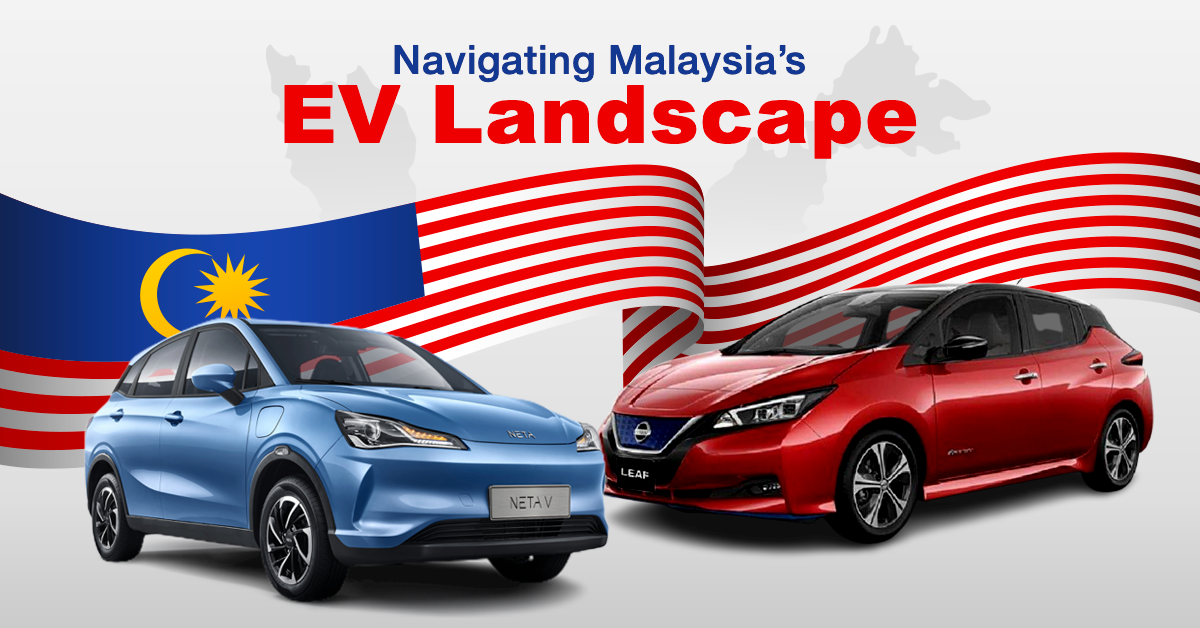
In the not-so-distant past, the automotive world was dominated by the roar of internal combustion engines, belching out emissions that clouded our skies and plagued our environment. Today, a transformative revolution is unfolding on the roads of Malaysia’s EV landscape—the rise of Electric Vehicles (EVs). But what exactly is an electric vehicle, and how is Malaysia embracing this electrifying future?
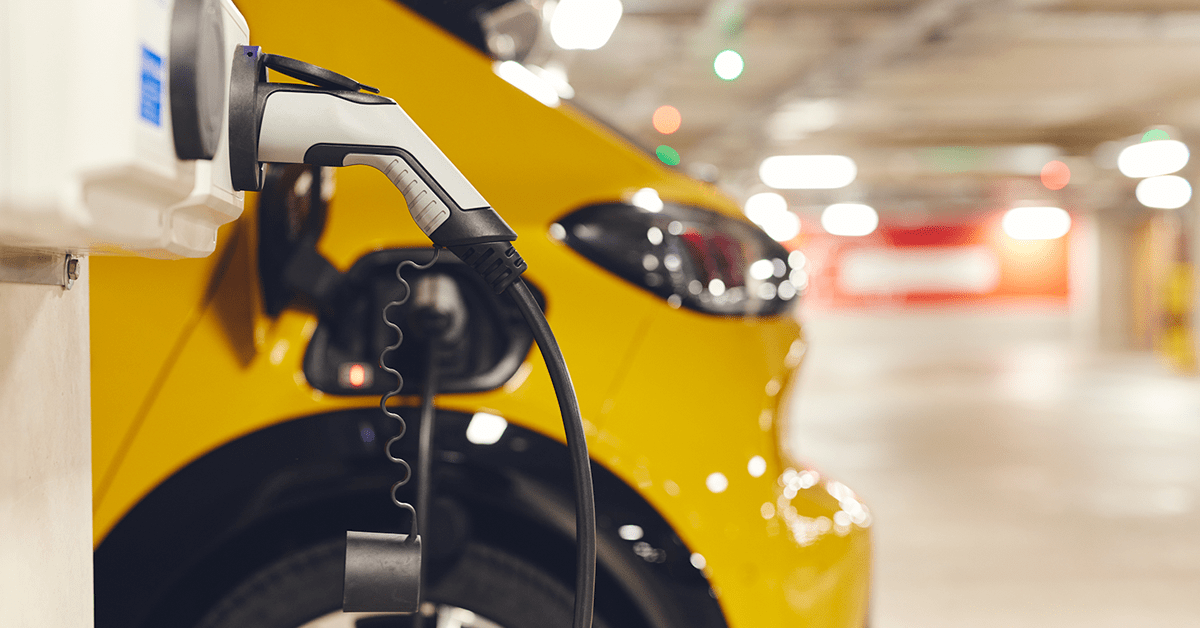
What is an Electric Vehicle (EV) Car?
An Electric Vehicle, affectionately known as an EV, is a marvel of modern engineering. It is a vehicle propelled by one or more electric motors, drawing their life force from rechargeable batteries. Unlike their fossil-fueled counterparts, these machines operate with a silent grace, emitting zero tailpipe emissions, thereby being the champions of environmental consciousness. Malaysia, like the rest of the world, has been quick to recognize the virtues of EVs. Technological advancements have expanded their range, and the charging infrastructure is evolving to meet the growing demand.
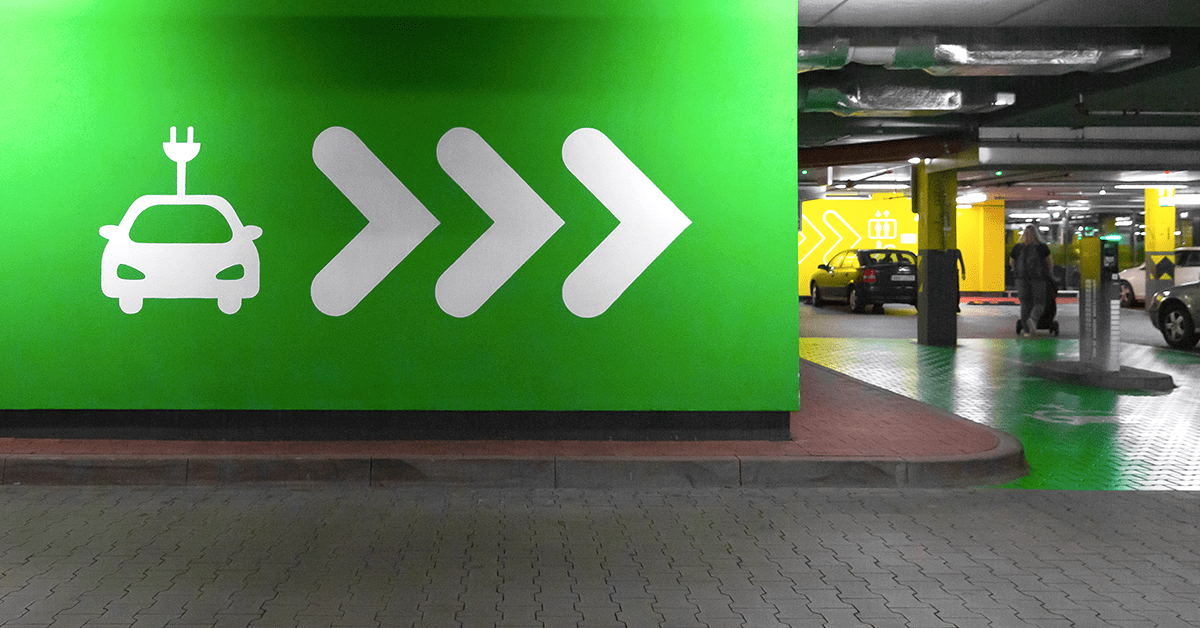
The Quest for EV Charging Stations in Malaysia
As of now, Malaysia boasts a modest count of over 1,000 electric vehicle charging stations. But, we’re not stopping there. Deputy Minister Liew Chin Tong, from the Ministry of International Trade and Industry, has boldly declared our nation’s commitment to achieving a staggering 10,000 electric car charging stations by 2025, as outlined in the visionary Low Carbon Mobility Blueprint.
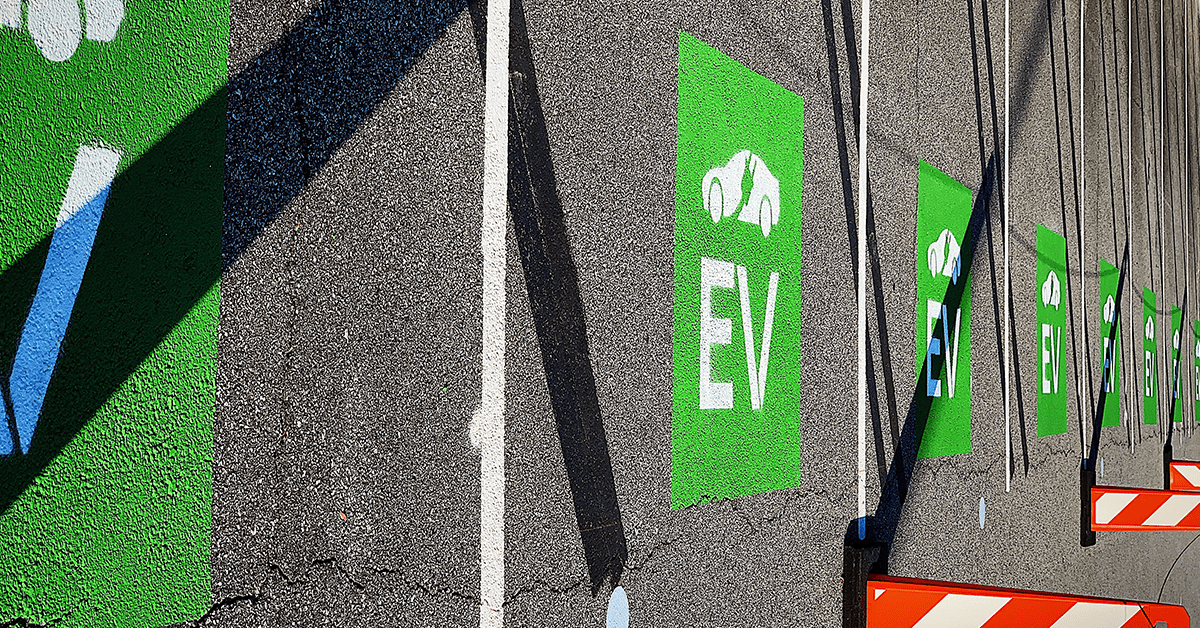
The Charge Time Conundrum
The time it takes to rejuvenate your EV in Malaysia is a subject of intrigue. Charging speed is influenced by both the charger’s power rating and the capacity of your vehicle’s battery. In some cases, a full charge can be achieved in a mere 30 minutes, while in others, it may require up to half a day. Battery size and charging point speed are the key variables in this electrifying equation.

The Cost of Charging at Home
Charging your EV at home in Malaysia comes with its own economic calculus. The residential electricity rates, current as of July 1, 2023, stand as follows:
- First 200 kWh: RM0.218 per kWh
- Next 100 kWh: RM0.334 per kWh
- Next 300 kWh: RM0.516 per kWh
- Next 300 kWh: RM0.546 per kWh
- Beyond 900 kWh: RM0.571 per kWh
For instance, if you own a Nissan Leaf with a 40 kWh capacity, the cost of a full charge from 0% to 100% would be approximately RM22.84. However, one must consider potential energy losses during the charging process, estimated at 16%. Accounting for this loss, the average cost to fully charge your vehicle at the residential rate would be approximately RM26.49. Keep in mind that these figures are approximate and can fluctuate depending on your specific electricity rates and vehicle efficiency.
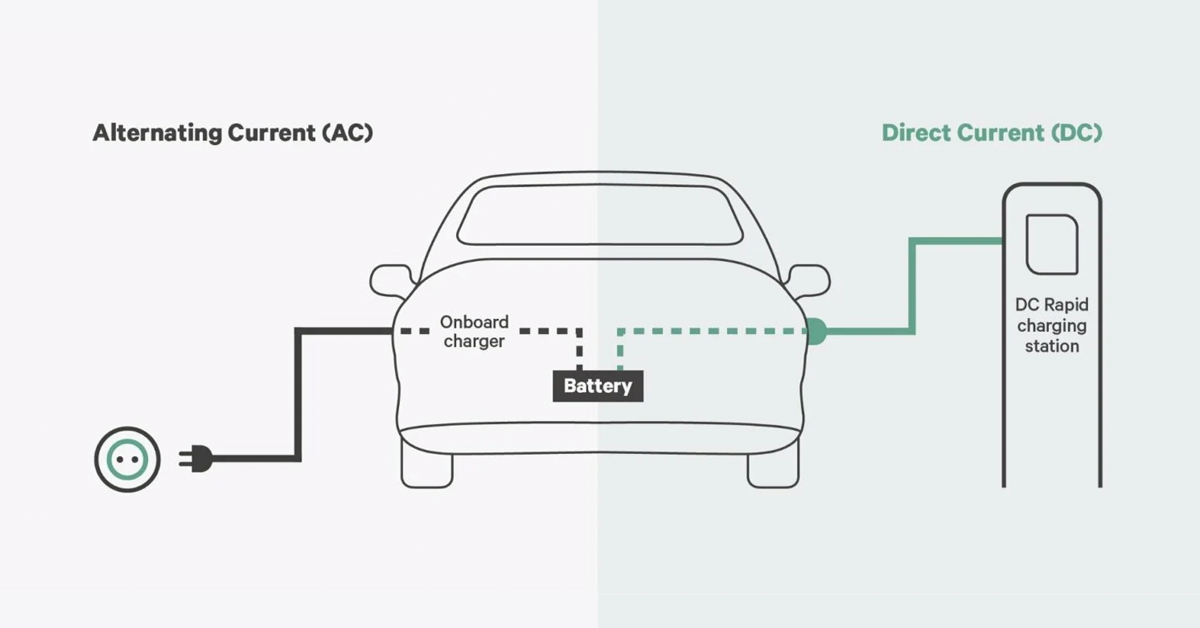
AC vs. DC Charging: The Need for Speed

The Benefits of Embracing EVs in Malaysia
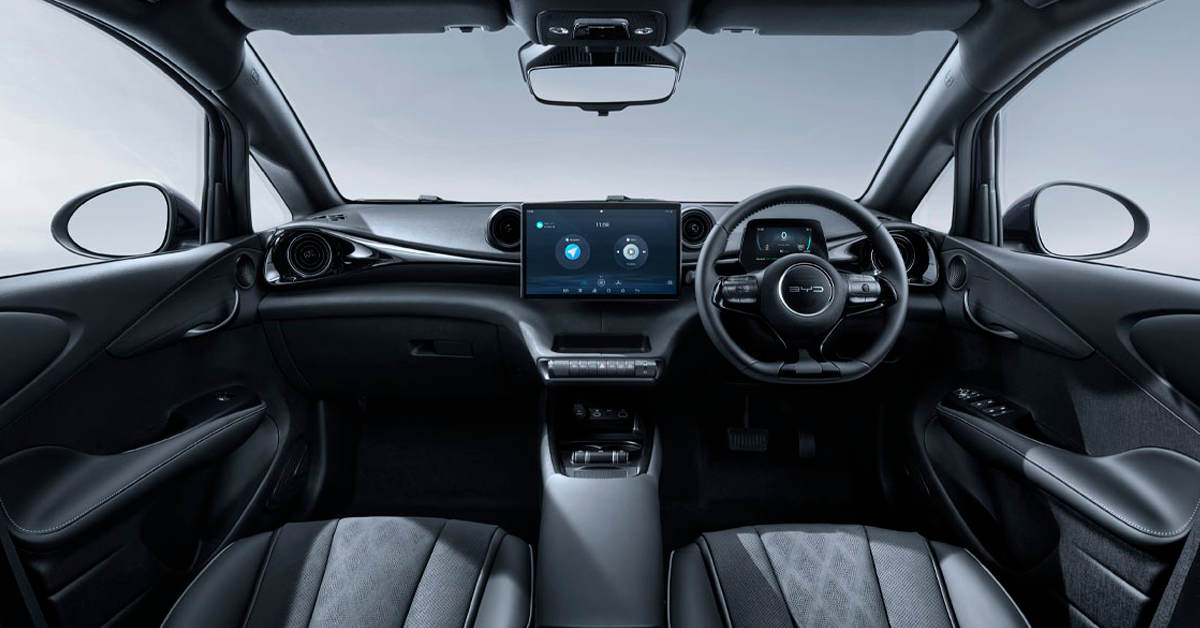
Unleashing the Power of Range
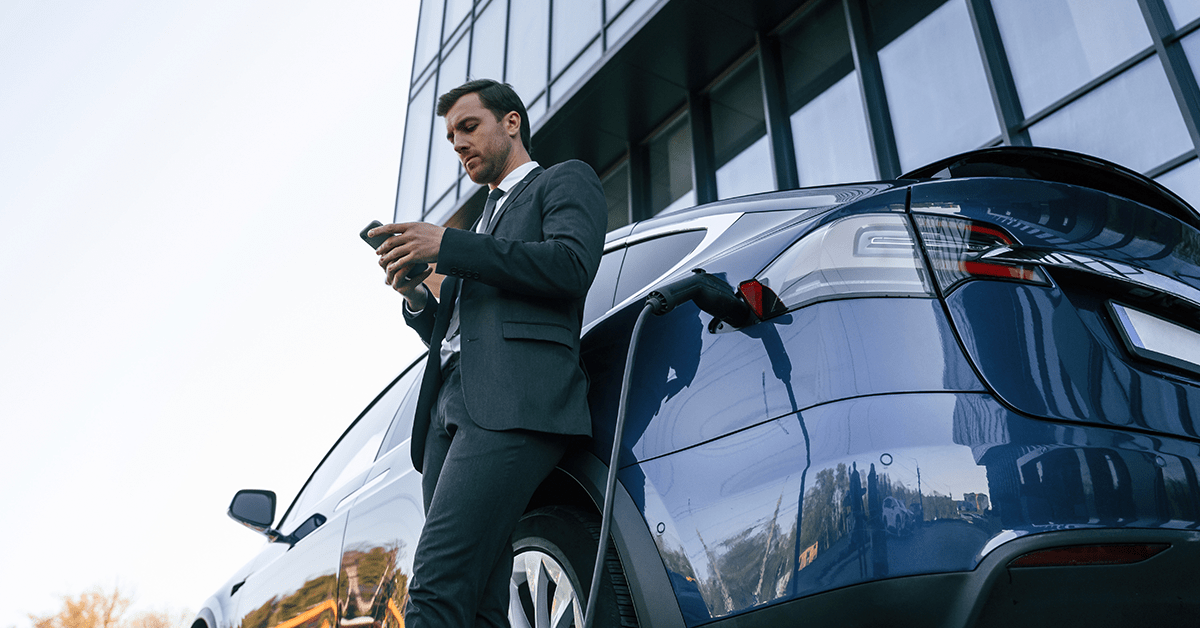
Finding Charging Stations Near You
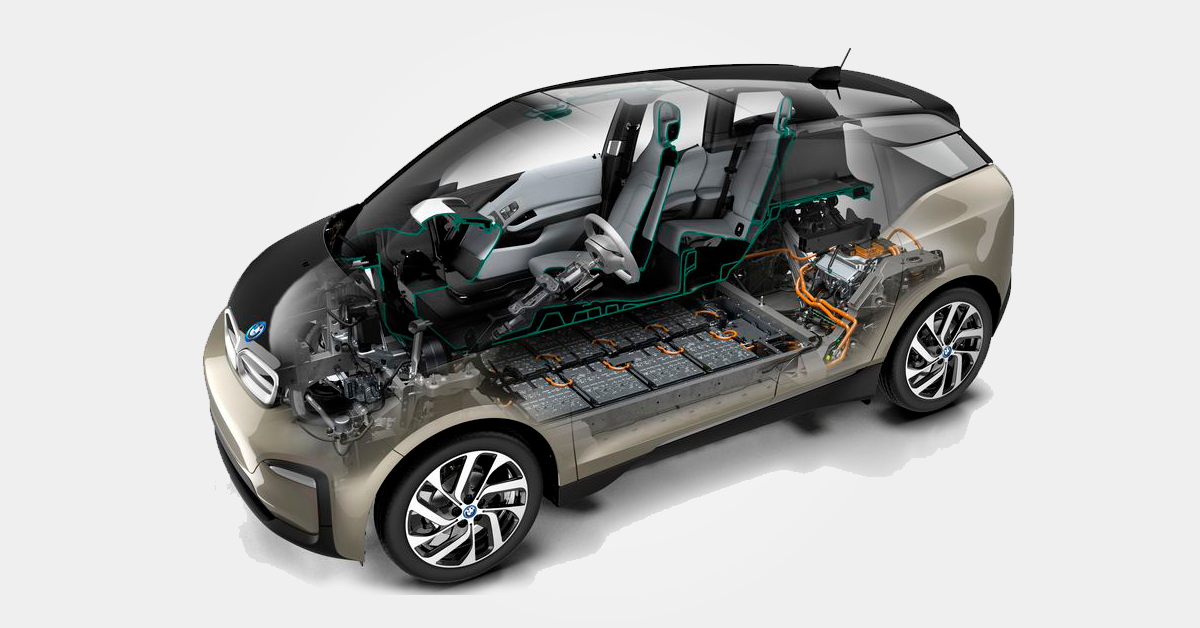
The Lifespan and Replacement of EV Batteries

Deciphering the EV Car Price Range
Embark on a journey through the kaleidoscope of electric car prices in Malaysia, with over 40 models vying for your attention. Renowned brands such as Tesla, BYD, MINI, Hyundai, KIA, BMW, Volvo, and Mercedes-Benz have staked their claim in this electrifying arena. Whether you’re eyeing the Tesla Model Y, BMW iX, or the Rolls-Royce Spectre, the electric car price spectrum is as diverse as it is captivating, ranging from the affordable Neta V at RM 99,800 to the opulent Rolls-Royce Spectre at RM 2,000,000.

Government Subsidies and Tax Incentives
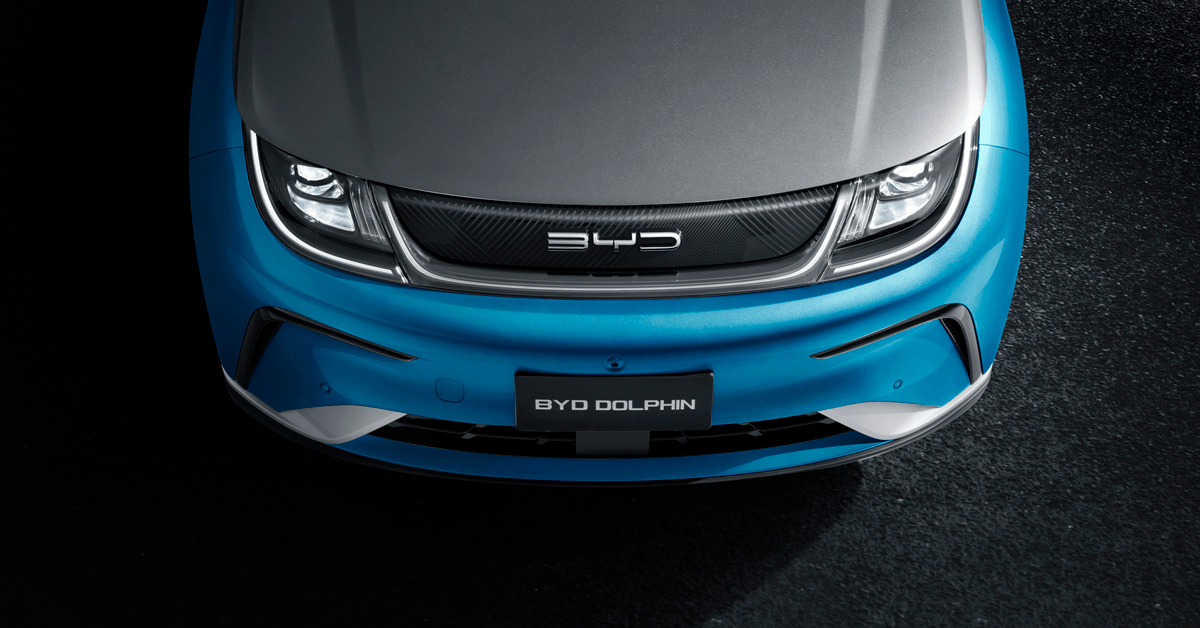
The Pinnacle of Affordability
For those seeking affordability in their EV journey, the Neta V and BYD Dolphin, both starting from RM 100k, stand as prime options. With respective ranges of 380 km and 340 km, they offer both budget-friendliness and practicality.
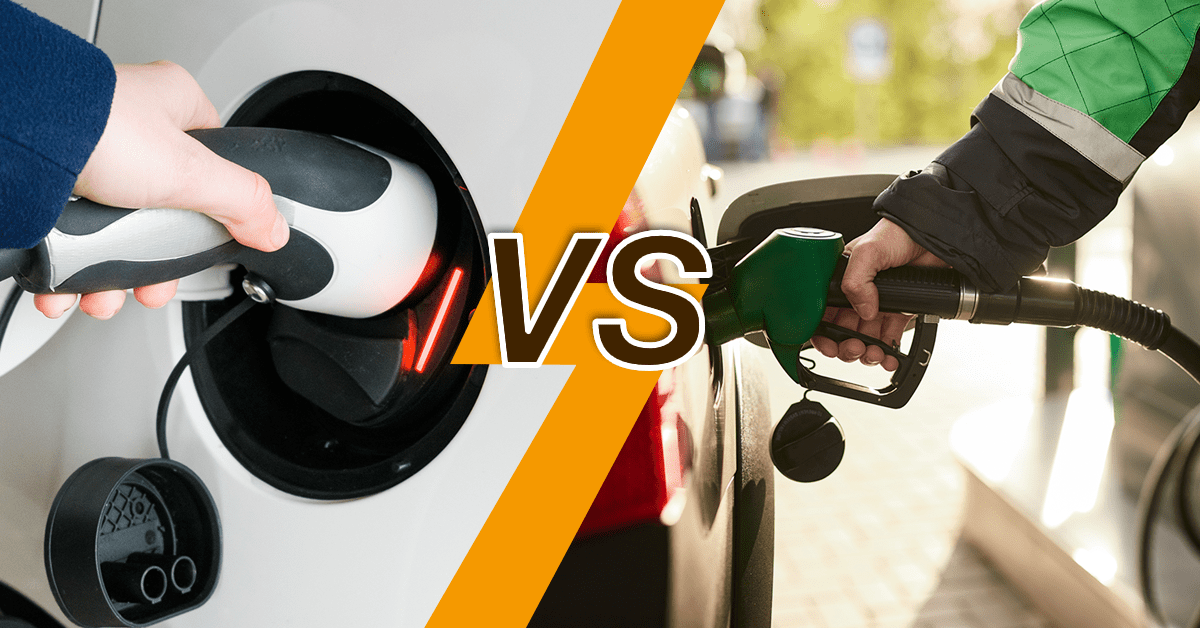
The Electric vs. Petrol Conundrum
One burning question persists: why do electric cars come with a higher price tag than their petrol-powered counterparts? The answer lies in the heart of the EV—the battery. The battery, a symbol of power and progress, forms a significant chunk of the overall cost of electric vehicles. While EVs may require a larger upfront investment, their potential to mitigate air pollution and greenhouse gas emissions, combined with governmental support, paints a promising future for electric mobility in Malaysia.
In the grand tapestry of Malaysia’s electric vehicle evolution, cost and environmental concerns intertwine, laying the groundwork for a greener and more electrifying tomorrow. As awareness of climate change continues to burgeon, electric vehicles are poised to take centre stage in Malaysia’s journey toward a sustainable and vibrant future on wheels.
#EV Cars in Malaysia
#EV Charging Stations
#Malaysia’s EV Landscape
#Electric Vehicle (EVs) Evolution
About WDD Malaysia
As an innovative website designer, WDD Malaysia provides comprehensive digital and branding solutions to improve business performance for clients in industries like retail, construction and real estate. Their services focus on creating custom, visually stunning websites that are both user-friendly and responsive. The website designers at WDD Malaysia ensure that each site is optimized for mobile devices and incorporates effective SEO strategies to boost visibility. Additionally, they emphasize security, provide regular maintenance, and offer extensive branding services, addressing key issues such as slow website performance and poor SEO outcomes.




